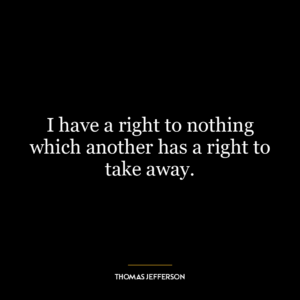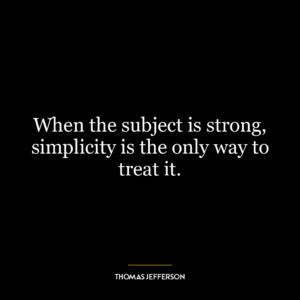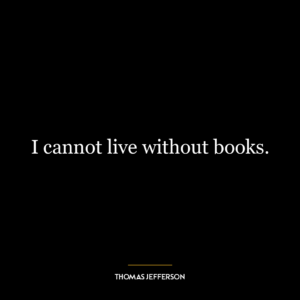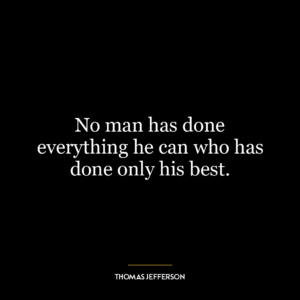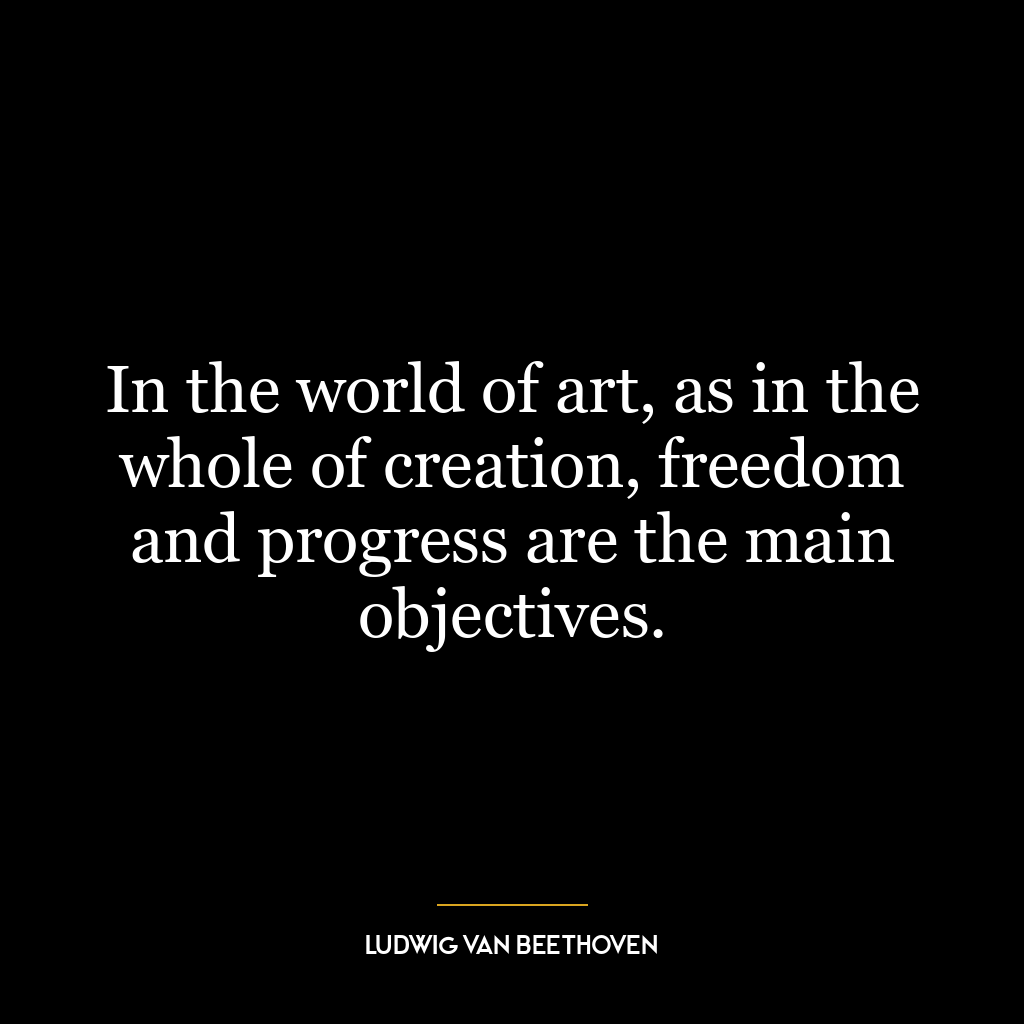This quote by Thomas Jefferson suggests a paradox within human nature and societies. It begins by acknowledging the universal human desire for freedom, which often leads individuals and nations to fight for their independence or rights. However, once this freedom is achieved, people tend to create laws and regulations that restrict the very freedom they fought for. This is generally done to establish order, security, and fairness within society. But, ironically, the accumulation of these laws can lead to a decrease in individual freedom.
The quote can be seen as a commentary on the delicate balance between freedom and order. Too much freedom can lead to chaos, while too much order can lead to oppression. Therefore, societies must find a balance between the two, allowing enough freedom for individual expression and creativity, but also enough order to ensure stability and fairness.
In today’s world, this quote is still relevant as we grapple with issues such as privacy rights in the digital age, government surveillance, and the tension between security and personal freedoms. For example, while laws and regulations are necessary to prevent cybercrime, protect intellectual property, and ensure national security, they can also infringe on individual privacy and freedom of speech.
In terms of personal development, this quote might be interpreted as a caution against self-imposed limitations. While rules and discipline are necessary for personal growth and success, too many self-imposed restrictions can hinder creativity, spontaneity, and personal freedom. Therefore, individuals must find a balance between discipline and freedom in order to lead fulfilling and successful lives.





